
Acute biliary pancreatitis is a complication of biliary calculous disease (gallstones). The condition develops due to obstruction of the biliary tract with gallstones. It is a serious and potentially life-threatening inflammation of the pancreas.
The pancreas is a gland of major importance for the entire body. It is located in the upper, posterior abdomen. The pancreas has endocrine and exocrine roles and produces many hormones and enzymes. Damage to the gland and subsequent inflammation develops as a result from its inability to eliminate enzymes into the gastrointestinal tract. Once trapped inside the gland, enzymes initiate the process of autodigestion and trigger the inflammation.
Gallstones and Acute Pancreatitis
The actual course of inflammation in gallstone pancreatitis remains debatable. The inflammation can be accelerated with reflux of bile into the pancreas but it is generally associated with digestion of the gland by its own enzymes. It is essential to mention that gallstones move from the gallbladder and pass down the common bile duct eventually closing the sphincter of Oddi not allowing pancreatic enzymes to be eliminated from the gland.
There is also a thesis which says that there is a chance in people who have already passed gallstones to have incompetent sphincter of Oddi. In such case secondary reflux of duodenal contents into the pancreatic duct may be blamed for inflammation.
The Onset of Gallstones Pancreatitis and Its Severity
Some foods may be triggers of gallbladder attack. This is why people who have been diagnosed with gallstones must have their diets changed and all the potential triggers of gallstone attack must be eliminated. Problematic foods include eggs, pork, poultry, onions, milk, oranges, corn, cabbage, beans, nuts and coffee.
Patients with severe pancreatitis develop multiple organ failure, pulmonary disease, renal insufficiency, liver failure or cardiac disease. Hypotensive, hypoxic, oliguric, febrile and confused patients require close and permanent monitoring because these symptoms and signs point to severe inflammation and many associated complications of acute pancreatitis.
Gallstones Pancreatitis Treatment
ERCP (endoscopic retrograde cholangiopancreatography) is a procedure which may be used in case of gallstone pancreatitis but its application remains controversial. Namely, if there is no biliary obstruction, the procedure may cause more complex complications comparing to the initial ones. The procedure is, therefore, indicated only if there is progressive biliary obstruction associated with progressive jaundice with/without cholangitis.
Furthermore, a patient may undergo laparoscopic cholecystectomy which prevents recurrent pancreatitis and helps in evaluation of the bile duct. Cholecystectomy is performed after ERCP and the actual time when the procedure is going to be performed depends on the severity of pancreatitis.


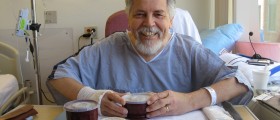
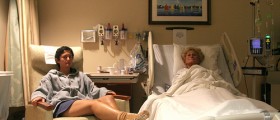

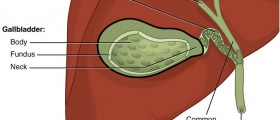
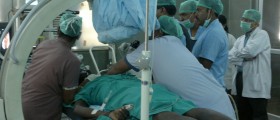





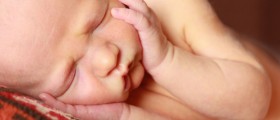

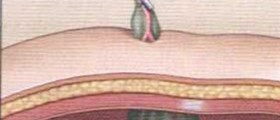

Your thoughts on this
Loading...